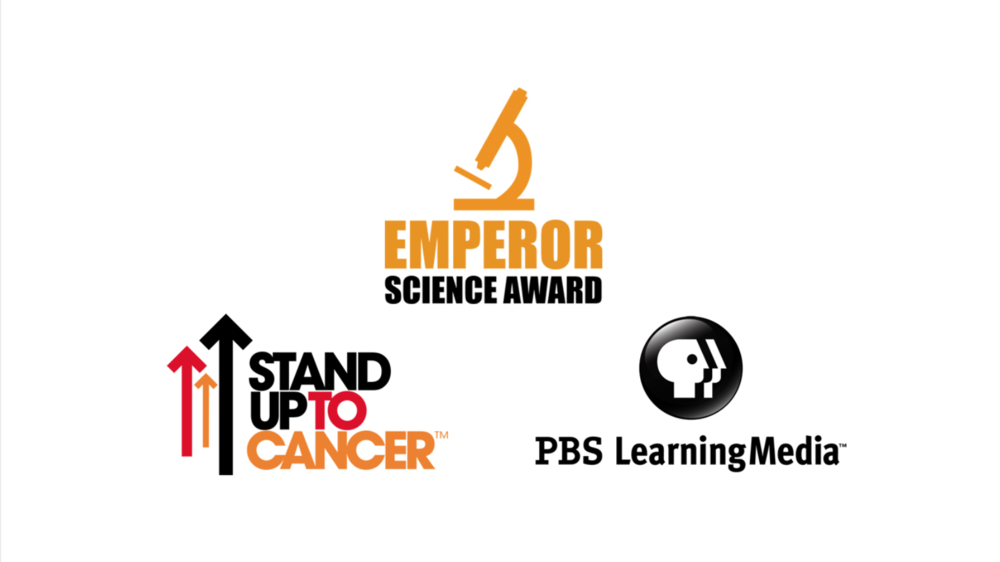
Section Branding
Header Content
Two Georgia Students Selected For PBS And Stand Up To Cancer’s 2018 Class of Emperor Science Awards
Primary Content

One hundred high school students from 28 states, including two from Georgia, have been named winners in the third year of PBS’ and Stand Up To Cancer’s Emperor Science Award program. The program is designed to empower high school students to become the next generation of scientists as they explore careers in cancer research and care through a unique mentoring opportunity. Three of the Awardees are students receiving support for a second year of mentorship, as allowed by the program.
PBS and Stand Up To Cancer, a division of the Entertainment Industry Foundation, received nearly 600 applications from eligible 10th and 11th grade students in 44 states throughout the U.S. who are interested in pursuing careers in cancer research. Prominent scientists served as judges and evaluated the students’ applications: written essays submitted online this fall, addressing how cancer has affected them or their communities; how science can help find a cure for cancer; and, if they are able to become cancer researchers, what scientific fields would they study and why.
“At PBS, our goal is to spark a passion for learning and provide students and their educators with the resources and support they need for that learning,” said Sara Schapiro, Vice President, PBS Education. “We’re proud to welcome a new class of students to the Emperor Science Award mentorship program. Not only are the students selected for this year’s class leaders in their schools and communities, they demonstrate investigative curiosity as well as compassion for patients.”
Students from rural, suburban and urban communities in 28 states comprise this third class of Emperor Science Awardees. These students demonstrated awareness of emerging developments in cancer treatment, including immunotherapy, precision medicine and epigenetics, and have an impressive range of research focuses and interests, including cancer prevention, nanotechnology, cellular biology, public health services, stems cells, bioinformatics, DNA splicing, genetics and computational sciences.
Georgia winners, Anika Halder, a student at Wheeler High School in Marietta, and Keerti Soundappan, a student at Houston County in Kathleen, are among the 100 Emperor Science Award recipients who will work with an esteemed university scientist on a rewarding multi-week cancer research project, receive a Google Chromebook computer to enhance their studies and facilitate mentor access for those who live at a distance from their mentors' research facility and a $1,500 stipend for expenses.
“Knowing that one in two men and one in three women will be diagnosed with cancer in their lifetimes, it’s not surprising that many of these students have personal connections to cancer – some are even cancer survivors themselves. The depth of their interest in and commitment to pursuing cancer research is extraordinary,” said Sung Poblete, PhD, RN, president and CEO of Stand Up To Cancer. “We hope the Awards serve as a springboard to careers in cancer research, and that these students help more cancer patients become long-term survivors.”
The full list of Emperor Science Award recipients is available at www.emperorscienceaward.com.





